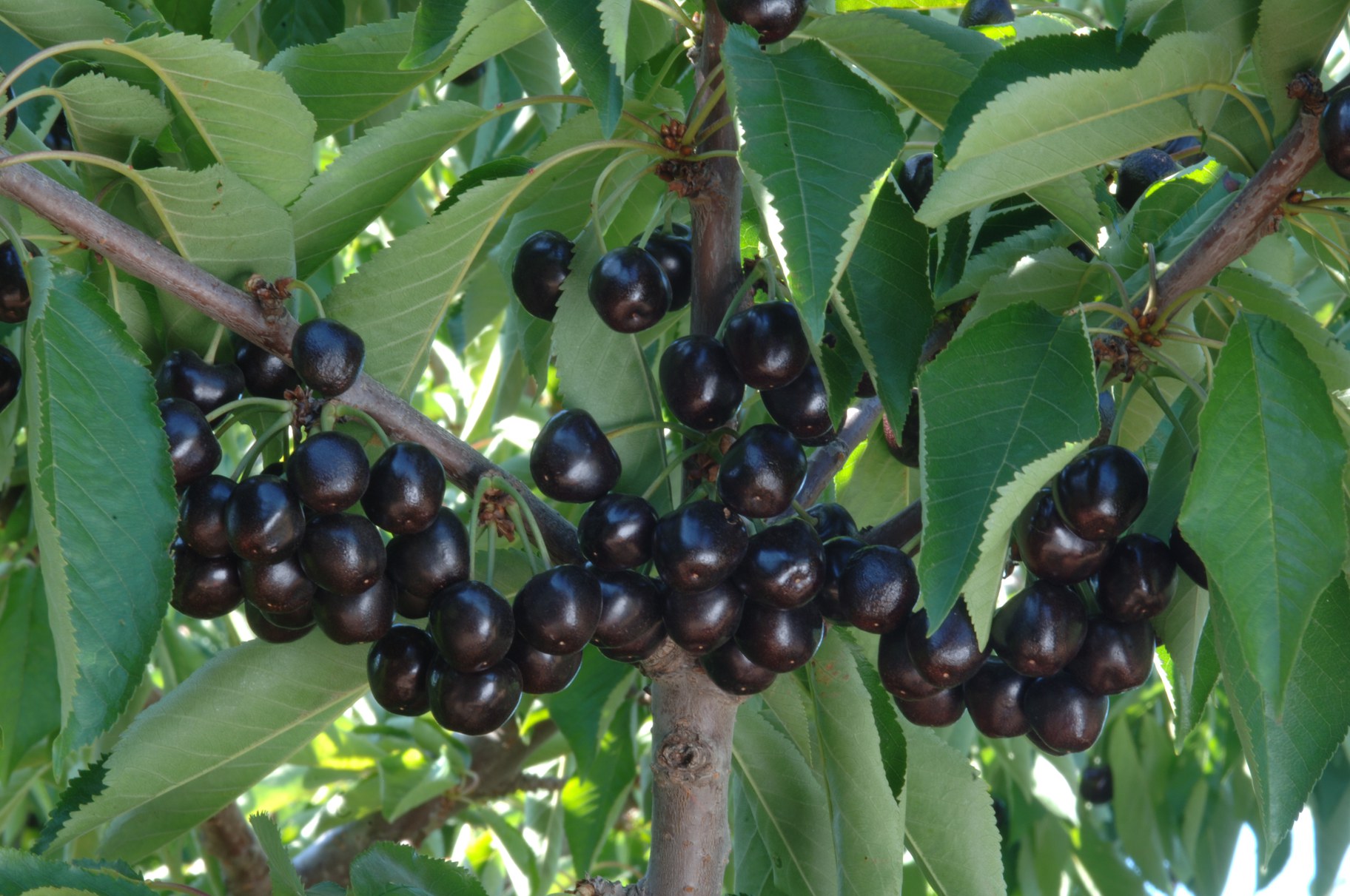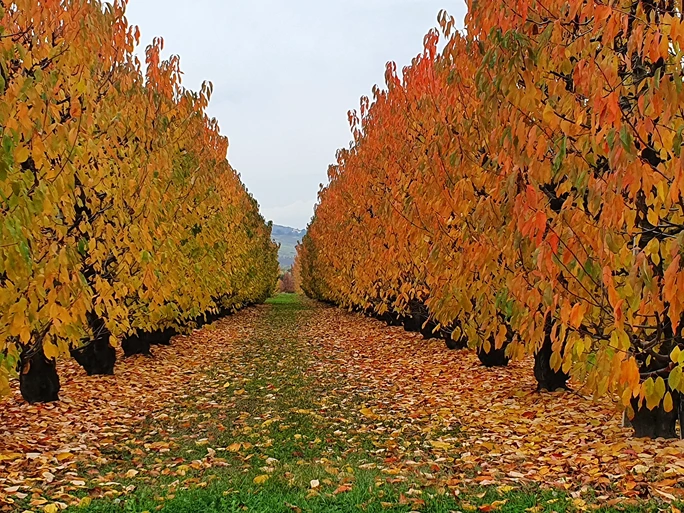In the Global South, the cherry business has established itself as one of the most dynamic agro-export sectors. While Chile has emerged as a leader thanks to a strategy based on private investment and indirect state support policies, Argentina is now seeking to relaunch after years of economic turbulence.
Highlighting the differences between the two models is Marcela Martínez, technical manager at San Jorge Packaging, a Chilean company at the forefront of fruit packaging technology. In an interview with +P, Martínez analyzes how public policy choices have deeply influenced the development of the cherry sector in both countries.
Chile: an ecosystem favorable to private investment
In the Chilean case, the strength has been a clear balance between public and private. “The Chilean producer and exporter is a private actor who operates independently, taking on the investment risks. The role of the State is to create the conditions: bilateral agreements, phytosanitary protocols, negotiations with key markets such as China and the United States,” explains Martínez.
This approach has allowed Chile to multiply its production in just twenty years, consolidating China as the main destination market. Macroeconomic stability, rule of law, and consistency in trade policies—regardless of changes in government—have fostered a predictable and secure environment for long-term planning. “The credit goes to the private sector, but it is the institutional framework that provides the confidence to innovate,” Martínez emphasizes.
Argentina: signs of recovery amid structural uncertainties
The comparison with Argentina highlights critical issues and potential. Economic instability has historically penalized exports: sudden regulatory changes, currency restrictions, tax pressure, and lack of credit have hindered the growth of the cherry sector.
“Any change in public policy immediately affects the Argentine exporter,” notes Martínez. This has pushed the country to focus on markets such as Europe and the United States, relying mostly on air transport. However, the growing attraction of the Chinese market is encouraging a shift in strategy, with greater interest in maritime logistics and advanced technological solutions, such as modified atmosphere packaging.
“Today there is renewed talk of new cherry orchards, a sign that something is changing. Expectations are rising again,” says Martínez, highlighting a renewed sense of confidence in the sector.
Technology and packaging: Chile’s true competitive “plus”
In the competitive world of fruit and vegetable exports, technology has become a key element to ensure quality and positioning in premium markets. San Jorge Packaging, based in Chile, is one of the main players in developing solutions for cherry preservation.
“Today, 100% of Chilean cherries destined for export by sea travel in modified atmosphere packaging. It is the only way to reach China with fruit that maintains green stems, firmness, and intact color after more than 40 days of travel,” explains Martínez.
These polyethylene packages reduce oxygen and increase carbon dioxide inside, slowing fruit respiration and preventing mold. The result? A product that retains its organoleptic qualities from field to table.
Automation and the future: Flowpack looking beyond Chile
To address the labor shortage and improve efficiency, San Jorge Packaging has developed—in collaboration with European company Ulma—an automated Flowpack system capable of sealing up to 35 packages per minute. “Automation is a strategic response: it reduces human intervention and ensures product uniformity, a key plus for demanding markets like China,” comments Martínez.
And the focus is not only on the Chilean market. Argentina, now reorienting towards maritime exports to Asia, represents a new frontier for adopting these technologies. “The goal is to serve the entire Southern Hemisphere, maintaining fruit quality even out of season,” concludes Martínez.
Conclusion: two different paths, one same lesson
The parallel story of Chile and Argentina shows that institutional stability and trade openness matter more than direct subsidies. Chilean cherries, now protagonists in Chinese supermarkets, are the result of strategic choices, technology, and private investments supported by a system that provides certainty. For Argentina, the path is still ongoing, but the first positive signs are there. And packaging—such as that developed by San Jorge—could be the key factor to make the difference.
Source text and image: masp-lmneuquen-com
Cherry Times - All rights reserved










